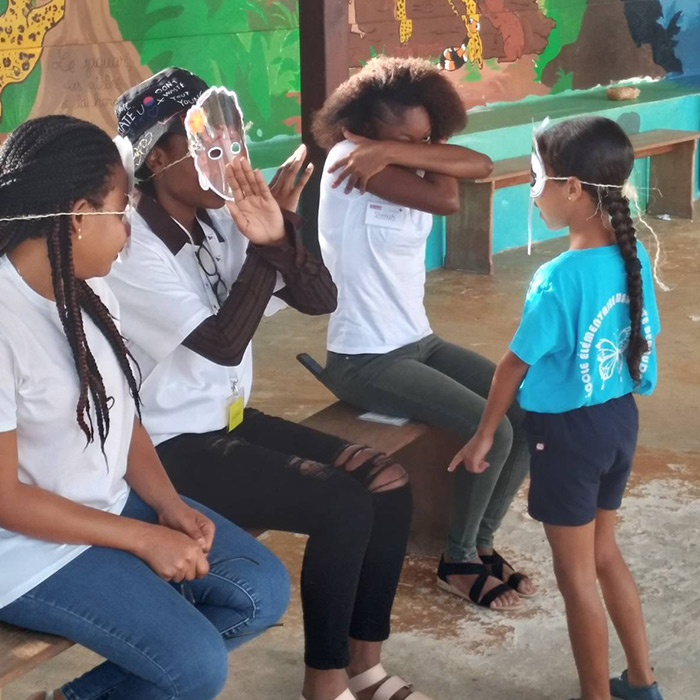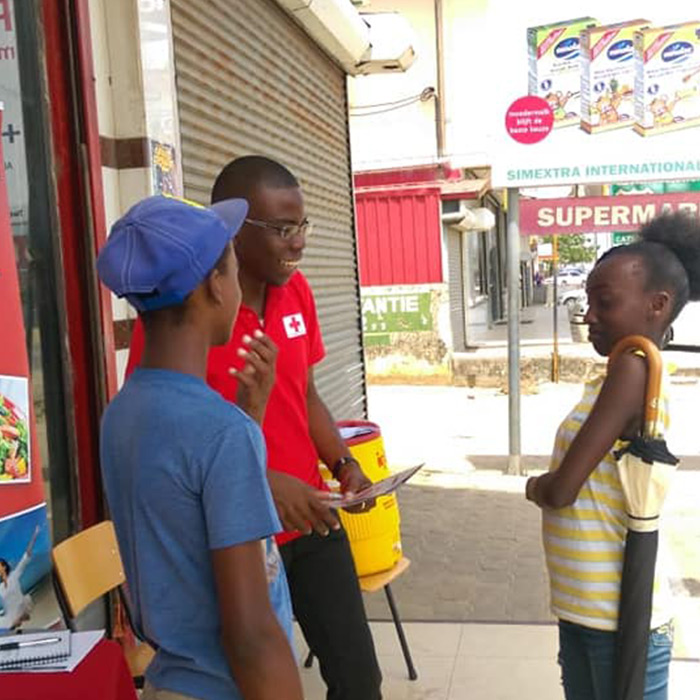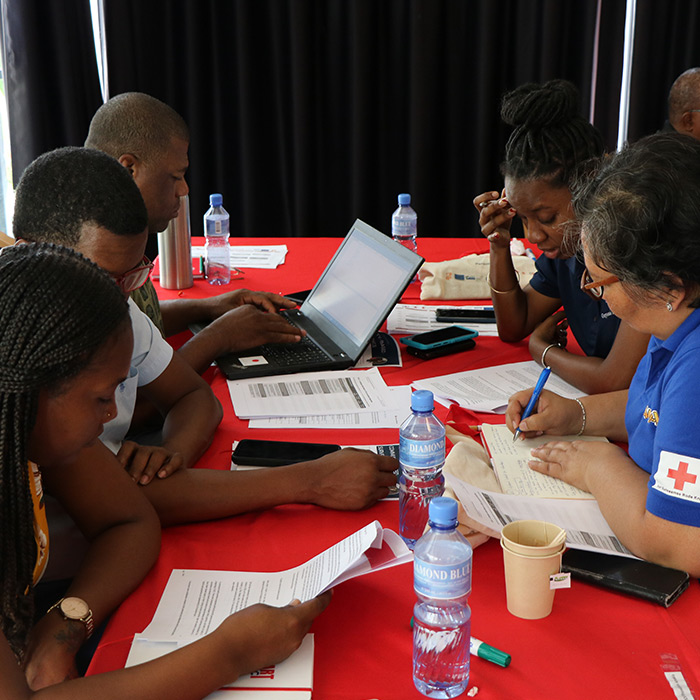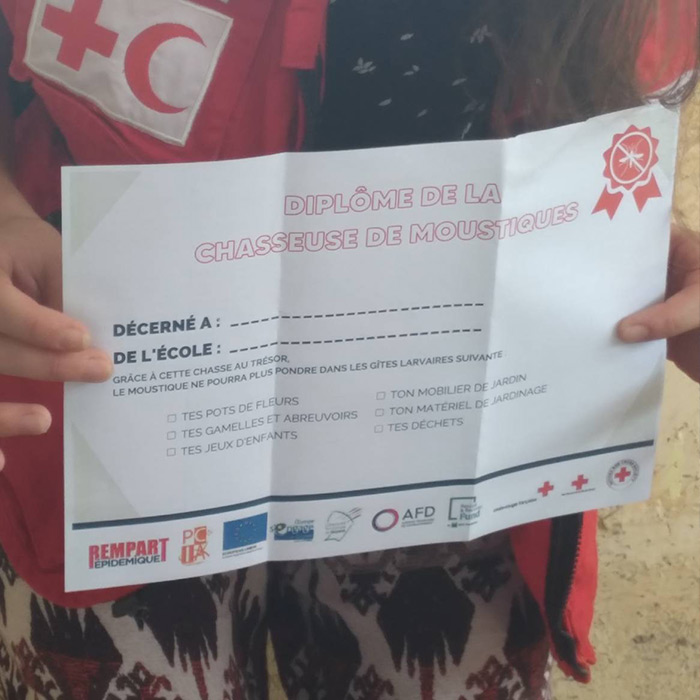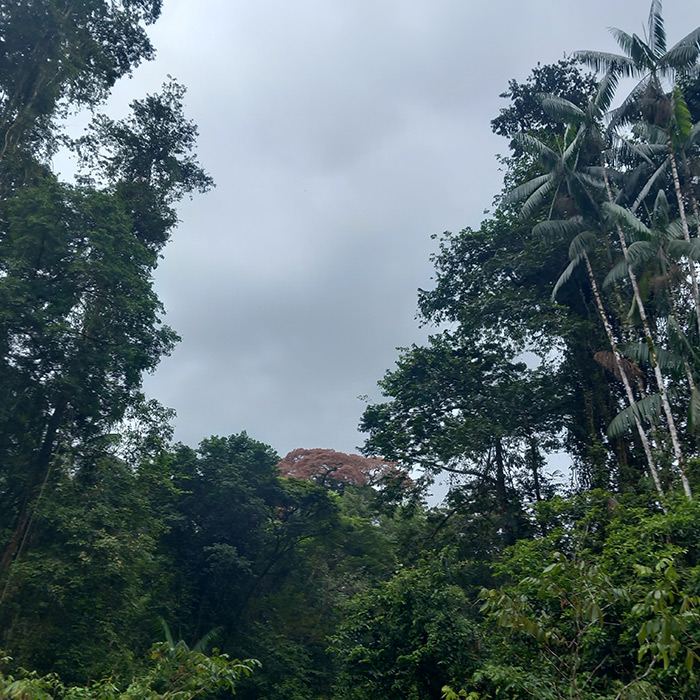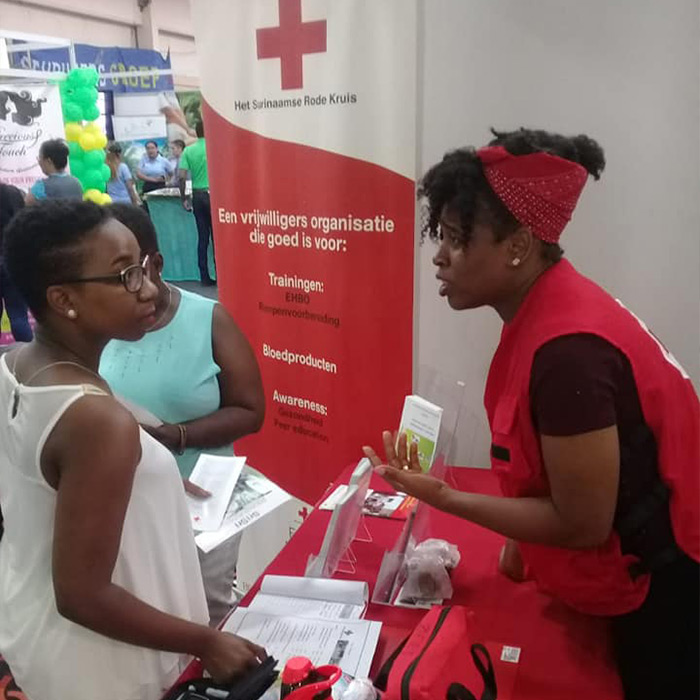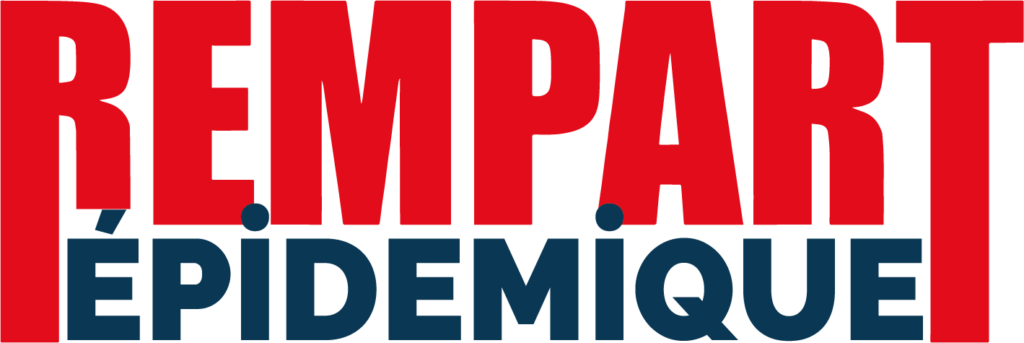
Our 2nd webinar will start in :
- 00Days
- 00Hours
- 00Minutes
- 00Sec.
ONLINE EXHIBITION OF RRE 2023:
When Interdisciplinarity Makes Strength
Check out our virtual exhibit on three initiatives in North America, the Community for Emerging and Zoonotic Diseases (CEZD) network in Canada, the UC Davis One Health Institute and the CDC One Health office, both in the US
60% of human infectious diseases are zoonotic, and 75% of emerging diseases are of animal origin! In a context where the emergence of infectious diseases is increasing due to climate change, it is essential to improve our knowledge, diagnosis, and surveillance of these diseases in order to react as soon as possible before they spread.
CARIBBEAN-AMERICAS
ONE HEALTH APPROACH IN THE CARIBBEAN-AMERICAS
This virtual exhibition is a unique opportunity to discover One Health initiatives in the Americas-Caribbean region. We are happy to announce that this exhibition will be powered until the end of March, thus offering participants the opportunity to discover new initiatives throughout the duration of the event.
We invite all participants to come regularly to explore this exhibition to discover the innovative projects that contribute to the health of people, animals and the environment in this region. Whether you are a healthcare professional, student, researcher, or simply passionate about public health, this virtual exhibition is an unmissable opportunity to learn about the latest One Health advancements in the Americas-Caribbean region. .
The "MALIN" project
(Infectious Diseases in the Tropical Island Environment)
Led by CIRAD "International Cooperation Center for Agronomic Research for Development".
MALIN is a collaborative project with numerous institutions in Guadeloupe that relies on an integrated approach and aims to improve the control of human, animal, and plant infectious diseases in Guadeloupe and throughout the Caribbean.
CEZD/CMEZ network
in Canada
Using collective intelligence to identify emerging risks
The goal of this collective is to detect and predict emerging disease threats and zoonotic diseases so that policymakers can mitigate their effects on society, animal health, the environment and the economy
One Health Institute
in the United States
Working at the interface of wildlife, people, and the environment to solve complex problems that impact health and conservation
The One Health Institute grew out of the UC Davis School of Veterinary Medicine’s deep commitment to the One Health approach. The Institute houses several centers including the Karen C. Drayer Wildlife Health Center. Its objective is to improve the health of animals and people and to protect the environment according to the ‘One Health’ approach
CDC's One Health Office in the United States
Leading CDC's 'One Health' activities in the United States and abroad
The Office of One Health, located within CDC’s National Center for Emerging and Zoonotic Infectious Diseases in Atlanta, was the first official office dedicated to One Health within a U.S. federal agency.
Click on the map to discover the projects.
Le projet "One Health, One Caribbean, One Love" (Une santé, une Caraïbe, un amour)
The “One Health” approach has been promoted and implemented throughout the Caribbean region.
One Health is about finding sustainable solutions to interconnected health issues affecting people, animals, agriculture and the environment, through partnerships and cross-sectoral cooperation.
The 'Alianza One Health Selva Maya' project
The "One Health" approach to ensure the conservation, protection, sustainable use, and exploitation of natural resources in the Maya Jungle.
The Selva Maya is a tropical forest shared by Mexico, Guatemala, and Belize, rich in biodiversity but threatened by deforestation, tourism, climate change, and vector-borne diseases.
OHLAIC Network
Working together for better outcomes to urgent problems in Latin America and Ibero-American region
In 2019, a webinar launched the OHLAIC network bringing together professionals working in synergy to provide solutions to urgent health problems in Latin America. Since April 2020, a series of webinars have been organized to discuss the COVID-19 pandemic in Latin America,and the network aims to establish a standardized risk assessment system and align national, regional, and international strategies.
The PASTEUR-USP scientific platform project.
A scientific platform associating the University of São Paulo/Pasteur Institute/Fiocruz (SPPU) is being set up in Brazil to combat neurological disorders caused either by infectious agents or by degenerative/evolutionary diseases.
